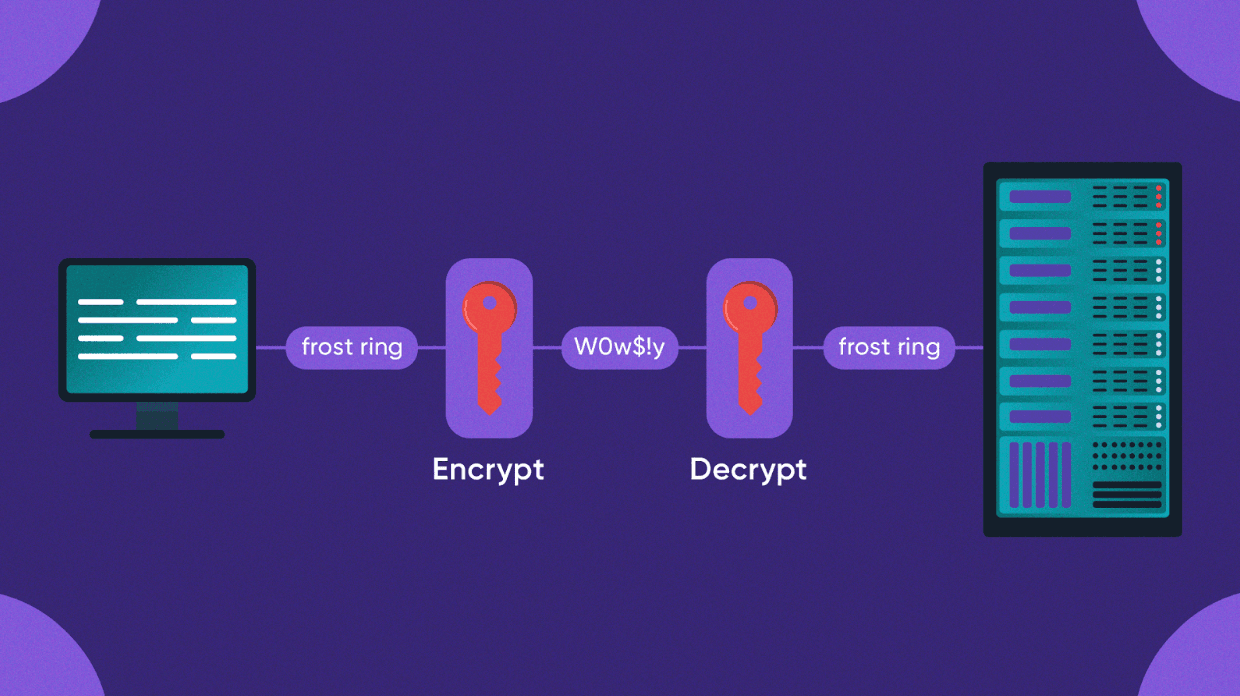Why it Matters: Blockchain Use Cases
Why is the blockchain important? And why should you care?
Blockchains help us trust digital transactions and trade digital assets without needing someone else, like a third party, to oversee it. It matters because it lets us create a system where we do not have to worry about third-parties.
It is a way to interact directly with each other without needing a middleman or someone else for permission or approval.
Think about sending money abroad. Usually, you would have to go to a bank or an exchange office to have this done for you. It can cost money and take hours, if not days, to process a transfer.
Well, on the blockchain, you can send money to anyone around the world with minimal transaction fees at any time of day.
The information written on a blockchain is immutable, which means it cannot be changed or removed once it is written on the database. This permanence and reliability of digital data allow for secure trading in a digital environment.
There are also different types of blockchains, each supporting different types of digital assets. Some only support cryptocurrencies, while others include smart contracts that allow the trading of other digital assets like a photo of a giraffe, Madonna’s new music album, the deed of a house, or even a WoW NFT.
To trade and own digital assets, you need a digital wallet. In most cases, setting this up usually takes less than a minute. In another chapter, we’ll guide you through setting up a digital wallet, while addressing the importance of digital wallets, their functions, and some security cautions.
For now, we’ll cover the basic process of trading digital assets. It gets a bit technical from here, but don’t worry. You don't need to know all of this information to manage your crypto assets. It’ll just help having a basic understanding of what’s going on so you can make more informed decisions.
Digital assets are registered on the blockchain using a method called public key cryptography, which is basically a method of protecting information through the use of codes. This involves two types of hexadecimal numbers:
- A public key, which is openly available to anyone in the system.
- A private key, which is kept secret by the owner and account holder.
You can think of the public key as your “bank account number,” which you can share with anyone like friends or family.
Your private key, on the other hand, should be treated like a password or pin code. It can give anyone access to all the funds in your account, so as a rule of thumb, never share your private key with anyone – even someone you know well.
All this allows two communicating parties to send data to each other – encrypted by the sender and decrypted by the receiver. Encrypted data with the public key will only be able to be decrypted with the private key, and vice versa.

By the way, hexadecimal numbers can look something like this: 0xc9dd164c0083de367c6c4adbba785b70bede6432719504c149df68c6671mi8dX.
That may look quite complicated, but remember, as a user you only need to keep this code safe like you would with any of your passwords. But do not screenshot, share or take a picture of it.
Write it on a piece of paper or book instead 📝
Now that you’ve got the basics in mind, we’re going to give a brief introduction to two of the biggest (by market capitalization) cryptocurrencies: Bitcoin and Ethereum.
Bitcoin
Bitcoin (BTC) is a digital currency that operates on the Bitcoin blockchain. Bitcoin is considered by some to be a store of value as it is designed as an alternative to traditional currencies. Many often see it as digital gold because it is scarce – only 21 million bitcoin will ever exist.
Ethereum
Ether (ETH) is the native digital currency of the Ethereum blockchain. Ethereum allows for ‘decentralized applications’ (dApps) or ‘non-fungible tokens’ (NFTs) to be built/created on top of it.
We’ll learn more in later chapters as both BTC and ETH are commonly used today but for now, know that blockchain are an easier way to do transactions, reducing time to recipent, incresingy transperency and often reducing fees as well.

